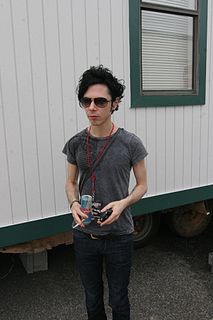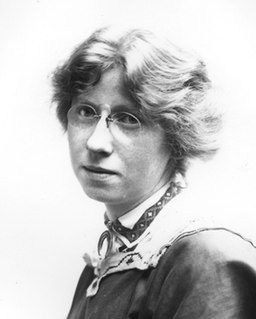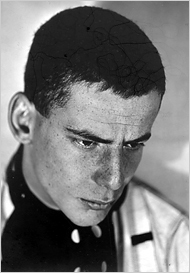A Quote by David Hockney
I think probably something big can be done with cameras, I'm not saying, er, I'm saying chemical photography's finished, that means you can't have a Cartier Bresson again, you need never believe pictures.
Related Quotes
People think focus means saying yes to the thing you've got to focus on. But that's not what it means at all. It means saying no to the hundred other good ideas that there are. You have to pick carefully. I'm actually as proud of the things we haven't done as the things I have done. Innovation is saying no to 1,000 things.
Whatever pictures are put into the world, the balance needs to be readdressed, it needs to be observed. That's why I am also really questioning what a lot of photography has done since I began. I am not saying because of me, but I mean, photographing some friends partying and publishing the pictures meant something else in '92 than it does in 2011. And I find the younger generation is not questioning this at all today.
When I was just starting out, I met Cartier-Bresson. He wasn't young in age but, in his mind, he was the youngest person I'd ever met. He told me it was necessary to trust my instincts, be inside my work, and set aside my ego. In the end, my photography turned out very different to his, but I believe we were coming from the same place.
At the beginning, people laughed at me because I was using snappies. Sometimes, a celebrity would look at my camera and go, Oh, I've got one of those. I'd feel like handing it to them and saying, Well, you take the pictures then. But I like using snapshot cameras because they're idiot-proof. I have bad eyesight, and I'm no good at focusing big cameras.
We're not saying that marriage, the thing, is now open to anyone of any gender. We are saying, when the word marriage is used in this particular context, this is what it means. And it was the same with "alternative facts." That was a big one. "Feminism" was a big one. And when people came to the "marriage" entry, because we live in the Internet age, they either immediately fire off an email to us saying they're horrified at how commie-pinko-liberal we are, or they fire off an e-mail saying thank you so much for speaking truth to power.
While photography to Cartier-Bresson is constantly an intuitive process, it is never purely instinctive. It is founded on continuous intellection, on ceaseless consideration during all moments previous to, or preparatory for, the pressing. It does not only operate in the blinding flash of a moment seized; it works all the time. The snatched picture merely cuts across the vein of observable incident or accident which is always beating, whether or not the fingers actually press.
The decisive moment, the popular Henri Cartier-Bresson approach to photography in which a scene is stopped and depicted at a certain point of high visual drama, is now possible to achieve at any time. One's photographs, years later, may be retroactively rephotographed by repositioning the photographer or the subject of the photograph, or by adding elements that were never there before but now are made to exist concurrently in a newly elastic sense of space and time.
I forget who said it, but there's that saying: 'Films are never finished, they're abandoned.' There's always something you think you can improve on, but I don't think you should try. George Lucas started doing it, and didn't stop. You can tinker indefinitely, and it doesn't necessarily make it better.







































